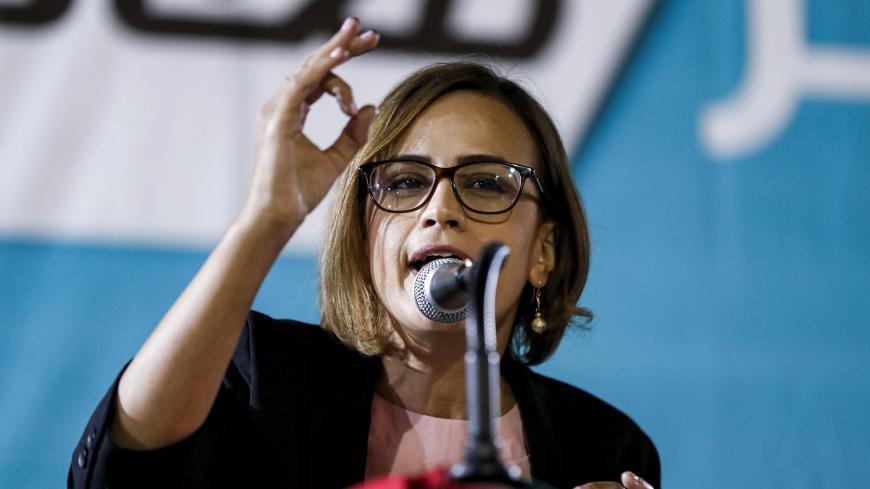The Central Elections Committee is a hybrid creature of politics and law. Its head is a veteran Supreme Court justice, and so is his substitute, but his deputies are Knesset members from the large parties, and the members of the committee reflect the party makeup of the Knesset. This is a very important committee that meets not just on the eve of an election, but also functions between elections when new elections are declared, and is entrusted with ensuring proper elections — making sure there are enough voting slips at each polling site, setting the hours the polls open and close, guaranteeing an accurate count of votes, preventing fraud, publicizing election results and ensuring fairness in campaign advertising and publicity.
The most striking decision by a chairman of the committee was made in January 2003, when Supreme Court Justice Mishael Hashin ordered a halt to the television broadcast of Prime Minister Ariel Sharon’s speech, midway through, because his remarks, in Hashin's opinion, constituted prohibited election propaganda.


